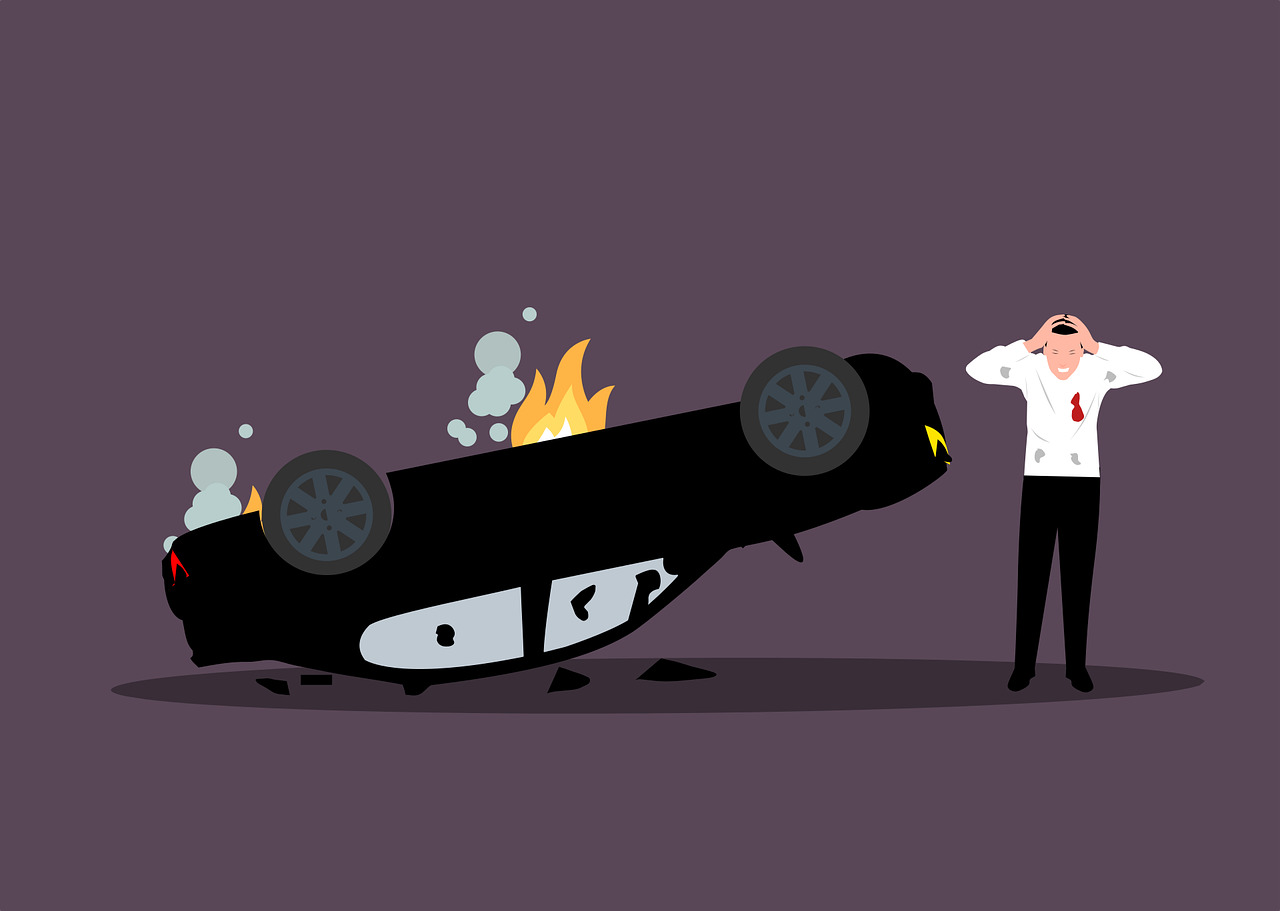
Can You Be Held Liable If Someone Else Crashes Your Car?

by Erin Anderson
Letting a friend or family member borrow your car might seem harmless — even helpful. But what happens if they get into an accident while driving it? Who's legally responsible? And more importantly, whose insurance pays?
The short answer: In most cases, insurance follows the car, not the driver.
But there are exceptions, and the full story depends on your policy, the driver's status, and how the vehicle was being used.
Here's what to know before handing over your keys.
Your Insurance Usually Comes First
If someone else crashes your car, your auto insurance is typically the primary coverage. That means your liability and collision protections (if included in your policy) kick in first — even though you weren't the one driving.
If the damages or injuries exceed your policy limits, the driver's own insurance (if they have any) might be used as secondary coverage to help cover what's left. But that usually only happens after your policy has paid out.
This setup can come as a surprise — especially if the driver has their own policy. But unless your insurer specifically excluded them or the use was considered unauthorized, your coverage is likely on the hook.
When You Might Still Be Liable
Even if you weren't driving, you could still face financial consequences depending on the situation:
- You gave permission – If you voluntarily let someone use your car, you're also taking on the responsibility for how they drive it. Any claims made under your policy could impact your rates.
- They were using your car for work – If your friend was making deliveries or using your car for business purposes not covered under your policy, the insurer may deny the claim — and the financial burden could shift back to you.
- Your policy has named-driver restrictions – If the person who crashed your car isn't listed on your policy and your insurer requires all regular drivers to be named, coverage might be reduced or denied altogether.
So even if you're not behind the wheel, your liability as the vehicle owner doesn't disappear — especially if the use of the car was predictable or preventable.
Permissive Use vs. Non-Permissive Use
Most policies cover "permissive use," which means you allowed someone to drive your car. This could be a one-time favor or an occasional driver who doesn't live with you. As long as you gave them permission, your insurance is generally in effect.
But if someone took your car without asking — or you can prove it was used against your wishes — your insurer might consider it "non-permissive use." In that case, you may not be held responsible, though proving lack of permission can be complicated.
Some insurers limit permissive use coverage, too — so even if the claim is covered, it might be at reduced liability limits.
What If the Driver Is in Your Household?
If someone in your household (like a partner, roommate, or teen child) drives your car regularly, they usually need to be listed on your policy. If they aren't — and they get into an accident — your insurer could deny the claim or reduce the payout.
That's because insurers assume everyone who regularly drives the vehicle will be disclosed. If someone's left off your policy, it could be seen as a form of misrepresentation — and that can have real consequences in the event of a claim.
How to Protect Yourself
If you occasionally lend your car out or live with others who might drive it, there are a few easy ways to stay protected:
- Keep your policy updated. Make sure all regular drivers are listed — even if they only drive occasionally.
- Understand your permissive use rules. Some insurers reduce coverage limits for non-household drivers or exclude certain uses entirely.
- Don't lend your car for work use. If someone is using your car to make deliveries or drive for a rideshare, they may need a commercial or supplemental policy.
- If you're unsure, call your agent. It's always better to ask in advance than find out during a claim that you're underinsured or out of coverage.
The Bottom Line
Letting someone else drive your car might feel like no big deal, but it can have real financial consequences if they get into an accident. Even if you weren't behind the wheel, your insurance could be on the hook — and your premiums could take the hit.
That's why it's smart to check your policy, understand who's covered, and make sure you're not overlooking potential gaps. A quick review today could save you from major headaches — and expenses — down the road.